Caravanning/RV-ing is pretty eco-friendly anyway. For a start, we’re not flying anywhere for our hols and we’re living in a fairly self-sufficient bubble. But there’s always room for improvement.
The great thing about the tips that I am going to give you is that besides saving the planet, they will save you hundreds of pounds (hurrah!) – as well as space and weight, both of which are a major plus in the confines of a caravan.
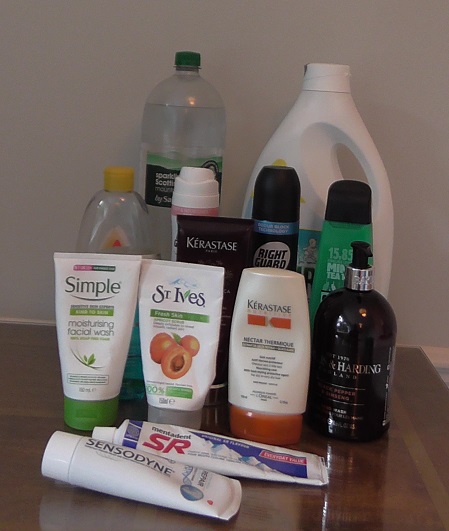
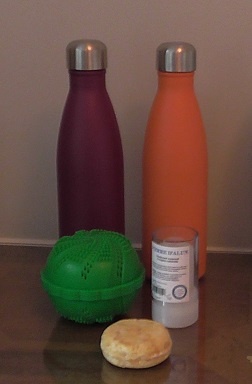
In this blog, I am going to concentrate on reducing single-use plastic. The tips here are changes that you will barely notice – and they will also carry over to save you money and space at home too. All I am doing is replacing everyday products with more sustainable alternatives
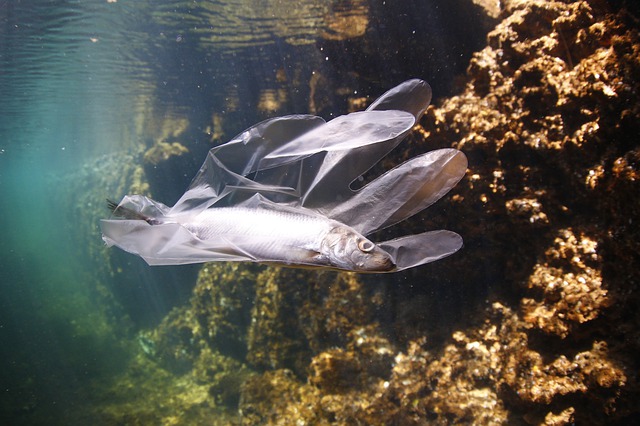
Programmes like David Attenborough’s ‘Blue Planet’ and Hugh Fearnley-Whittingstall’s ‘War on Plastic’, have put our overuse of plastic and the use of our planet as a giant rubbish tip right up there in the news.
Sadly, the term Eco-Anxiety is also in the news. As we all try to do the right thing, we can become overwhelmed or worse; be put off from doing anything. Sights like the piles of plastic that were sent in good faith for recycling, rotting in a Malaysian jungle, are very, very depressing.
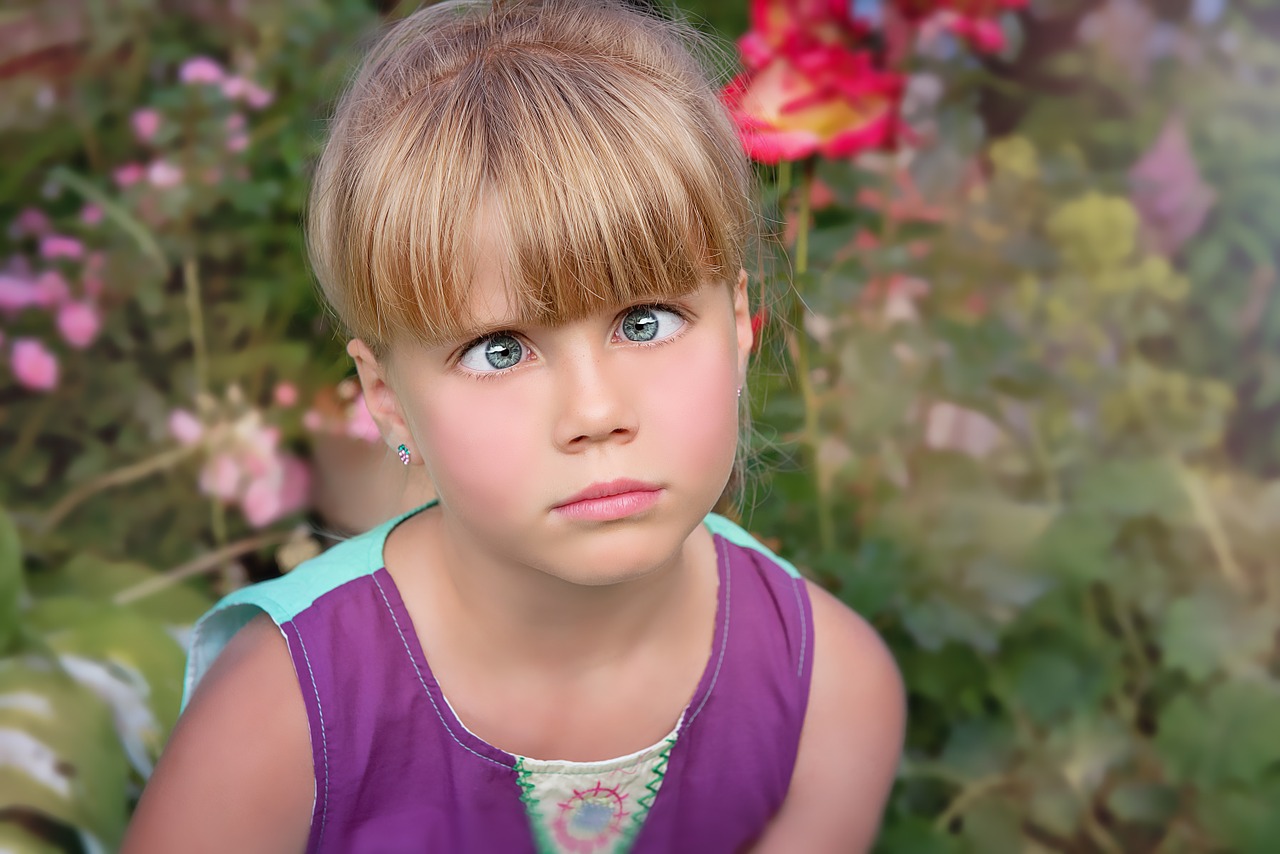
Avoiding all plastic is an impossible task. However, the best way to overcome Eco Anxiety is to do something, rather than nothing. One of the most useful ‘somethings’ is to reduce our own, personal consumption of single-use plastics. These are often convenience products or packaging, which are used for a moment then discarded into the environment, where they live forever.
You will find them living long and prospering in places such as the 1.6 million square kilometre Great Pacific Trash Vortex – or the pretend recycling facilities in a Malaysian jungle. From there, they break down into ever smaller ‘micro plastics’ and expand their reach into the most fundamental aspects of our lives; from the food that we eat to the air that we breathe.
Despite the bad publicity, please do keep up the recycling; not everything ends up in the jungle. However, the most reliable way to stop plastic getting into the environment is not to use it in the first place. This doesn’t mean that we all have to go and live with a solar panel and a goat in a hovel built from turf on a hillside in Wales, we just need to be a little more thoughtful about what we consume and how.
Here are the measures that we have taken, along with lots of other ideas and inspiration. I think you will be surprised by both the hugely conservative estimates of the money and the amount of plastic that we have saved;
1. Bathroom
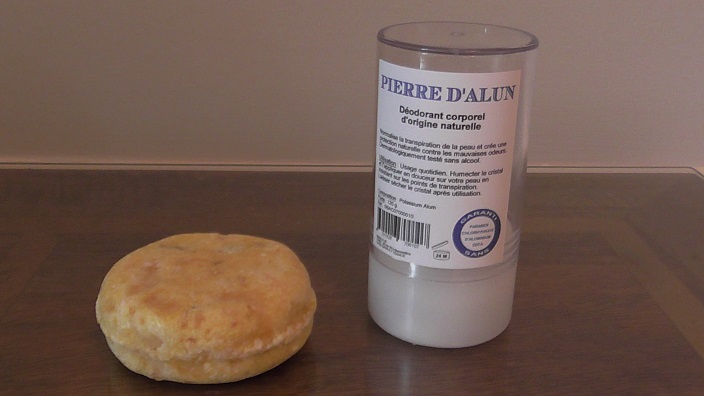
Shampoo & Conditioner
- ‘Lush’ Shampoo / Conditioner Bars – I replaced both Mark’s and my hair-care products with one, solid shampoo/conditioner bar, which came in a paper bag. I use the Jasmine shampoo & conditioner bars from Lush. They are much cheaper than the shampoo and conditioner that I use, have no packaging, are smaller and weigh a lot less as they are solid, which is great in a caravan. I have sensitive skin and long hair, which as a windsurfer I expose to sea water. However, I have found that the Jasmine shampoo bar doesn’t irritate my scalp and keeps my hair reasonably well-conditioned, even in hard water areas. And they smell DIVINE!
- Ethique – from July 2019, products from this zero-waste, ethical company are available in the UK from Holland and Barrett. (They can be ordered online directly from Ethique.) Their ‘Mintasay’ shampoo and ‘The Guardian’ conditioner bars have worked even better than the Lush products since I had my hair highlighted.
- Annual Saving £34; 28 plastic bottles – We also use it as shower gel. I did use expensive Kérastase shampoo and conditioner, which at £20 per bottle (using 2 of each per year) makes my monetary savings massive! However, a more average comparison might be; Cost £8 for 55g shampoo bar, replacing around £25 worth of everyday shower gel (12 per year), face wash (2 per year), shampoo and conditioner (me 4, Mark 6). We use 2 shampoo bars per year, so we save 2 x £17 = £34.
- Other Shampoo Bars – There are many other shampoo bars on the market. Here are a few ideas;
- Friendly Soap – Vegan; Free from SLS, Paraben, Palm Oil, Plastic & Cruelty. (SLS is Sodium Lauryl Sulphate, a lathering agent which can be an irritant. Omitting this ingredient is why many bars do not ‘lather up’ as we have become used to.)
- Rosebud Meadow Goats Milk Soap – ‘Luxury handmade Goats Milk Soap made from rare-breed, Golden Guernsey Goats. All Palm Oil free with no horrible additives.’
- Reviews of the Best Shampoo Bars 2019
- Make your own shampoo! baking soda shampoo & vinegar rinse, a recipe that has received many recommendations from my favourite zero waste blog, The Zero Waste Chef.
Aerosol / Roll-on Deodorant
- Alum Stone Deodorant – We replaced both Mark’s and my aerosol deodorants with one, small alum stone underarm deodorant, which lasts up to a year. It works by killing the bacteria which cause odour. It has no fragrance and is not sold as an anti-perspirant, although I have found that it keeps me dryer than either Sure or Right Guard. I took one for the team, purely for research purposes; it works really well for 24 hours, but not 48 as claimed by some commercial products, although I don’t think that I could be friends with anyone who relies on AP for 48 hours without washing!
- Annual Saving £18.15; 12 aerosol cans – Cost £5.85 per year compared to 12 aerosol cans at around £2 each = £24 approx.
- Make your own!
Liquid Handwash & Shower Gel
- Bar of Soap – hand-wash and shower gel all replaced with one bar of soap! We buy natural soap from Lush for the kitchen. Lighter, longer lasting and no packaging. For showering, we simply multi-task our shampoo and conditioner bar.
- Annual Saving £8; 12 plastic bottles – Since we use the shampoo bar as soap for bathing, I have incorporated the saving on shower gel and face wash in the shampoo section. We use the equivalent of approximately 1 liquid hand wash per month at £1.50 each = £18, replaced with 2 bars of soap at £5 each.
- Are Soap Bars a Health Hazard? – I was concerned that bars of soap could become contaminated with bacteria, which is why I moved over to liquid hand soap, however rigorous research dismisses this. A comprehensive study from 1965 was re-evaluated in 1988 and maintains the conclusion that; “The level of bacteria that may occur on bar soap, even under extreme usage conditions (heavy usage, poorly designed non-drainable soap dishes, etc.) does not constitute a health hazard.” This test was conducted with virulent, disease-causing bacteria such as E. Coli and Staphylococcus. The studies are outlined in this article in the New York Times.
- Can You Be Too Clean?
- Antibacterial soaps are not necessary in a normal household and their over-use can lead to resistant strains of bacteria in the same way as overuse of antibiotics leads to resistant ‘super-bugs’.
- The immune system is a ‘learned’ system. Apart from some acquired immunity from your mother when you were born, largely, you can only become immune to pathogens to which you have been exposed. This is the principle behind vaccination, where a weakened or disabled infectious agent is injected to promote the body to produce antibodies against it.
Tooth Care

- Home-Made Toothpaste – I have sensitive teeth, so I shall keep you posted, although the author of the recipe reported that the home-made toothpaste had sorted out her sensitive teeth. There is fluoride in commercial toothpaste to protect against tooth decay; in the UK, fluoride is added to drinking water for this very reason. Click here for more details.
- Annual Saving – £ unknown; 16 plastic tubes – We don’t know how long the home-made toothpaste will last, so we don’t yet know the saving. However, I expect it to be considerable, with my Sensodyne costing £3.50 and Mark’s Colgate at £2 per tube, each of which lasts around 6 weeks.
- Bamboo Toothbrush – these are recyclable.
- Recyclable Electric Toothbrush Heads – My guilty pleasure was an electric toothbrush, for which I thought there were no biodegradable brush heads, however I have just found these Oral B compatible recyclable brush heads which can be returned to the manufacturer for recycling.
- Eco-Friendly Dental Floss – 100% Biodegradable and compostable floss (30 meters) in a refillable containers are made from silk, corn or bamboo. Refill spools available separately. The corn & bamboo flosses are Vegan. 6 months in, I find the bamboo floss to be the most effective. The silk one tended to break in use.
- Natural Mouthwash Tablets – personally, I don’t bother with mouthwash, but these tablets cut down on packaging and the cost of transporting bottles of liquid. Just pop a tablet into a glass of water and hey presto. Mouthwash!
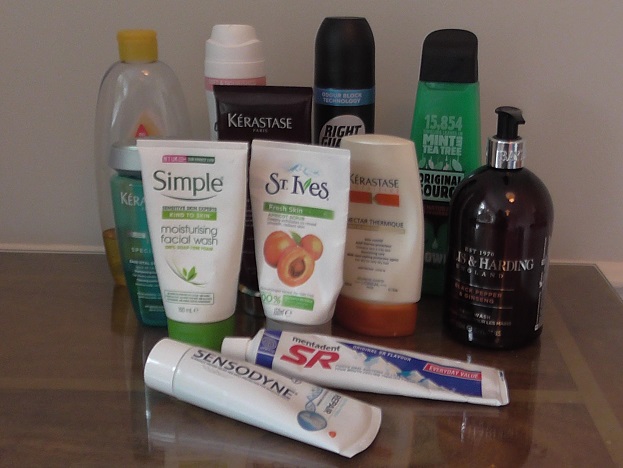
2. Kitchen
Laundry Detergent
- Eco Laundry Ball – a small, plastic ball containing; ‘4 types of mineral ceramic pellets that kills 99.99% of germs and bacteria.’ It has 5* reviews on Amazon and lasts for 1000 washes. I am just about to start a trial with this, to save on plastic bottles of detergent and reduce pollution of watercourses. Since it does not contain soap, it is beneficial for allergy sufferers and can be used on delicate fabrics. There are several versions available on the market; we chose this one on reviews. Most of these products recommend using a stain remover for heavily soiled laundry – why not try one of these 7 Natural Laundry Stain Removers. Cost £10.05 for 1000 washes, compared to Fairy Non-bio Liquid – £9 for 75 washes. 6 months in – the Eco Ball is a wonder product! It has worked even on de-odorising sweaty gym kit and in the portable washing machine, it has reduced our water use, since for lightly-soiled items, one run through is enough and we don’t need to rinse out soap.
- Saving £120; 13 plastic bottles.
- Tru Earth Eco Strips Laundry Detergent – available with or without frangrance, these biodegradable Paraben-, Phosphate-, bleach- and dye-free strips of concentrated detergent come in a compostable packet and dissolve completely in the wash. I tried the scented ones and can’t say they had much scent, but they were very effective at cleaning very muddy gear when the Eco Ball alone was not enough!
- Soap Nuts – these are the seed shells of trees in the Lychee family, which contain natural ‘saponins’ – soap-like chemicals which remove oil, grime and kill bacteria. Add 5-6 nuts to the drum and run the wash cycle as normal. They also act as fabric conditioner. Once finished, dry them out and re-use the same few nuts 5-6 times (1kg of soap nuts can last up to 330 washes.) Soap nuts can also be used as a gentle, natural shampoo or household cleaner, which might mitigate the extra weight and cost, compared to the Eco Laundry Ball. Click here for more information and tips on using soap nuts. Cost £9.32 for 330 washes.
- Chestnuts – not some old chestnut. Make your own soap nuts from dried and crushed chestnuts (conkers), which also contain natural saponins. Cost – a bit of time.
Fabric Conditioner
- Don’t Bother! – We haven’t used conditioner for years and do you know what? We haven’t noticed any difference whatsoever, although much of our wardrobe is outdoor performance fabrics, for which fabric softner is not recommended.
- Soap Nuts – Act as a natural fabric conditioner. Some of the 7 Natural Laundry Stain Removers also have conditioning properties.
- Eco-Friendly Fabric Conditioner – Non-polluting, but still comes in plastic packaging.
- Avoid Dryer Sheets – Dryer sheets are single-use, disposable but non-recyclable, since they are made of thin polyester (plastic) sheets infused with softener.
- Make Your Own Dryer Sheets – Although I have not tried it myself, a more environmentally friendly hack is to pour a small amount of fabric conditioner on to a non-flammable cloth and use this as a re-usable dryer sheet.
- Make your own fabric conditioner! – A recipe from Moral Fibres.
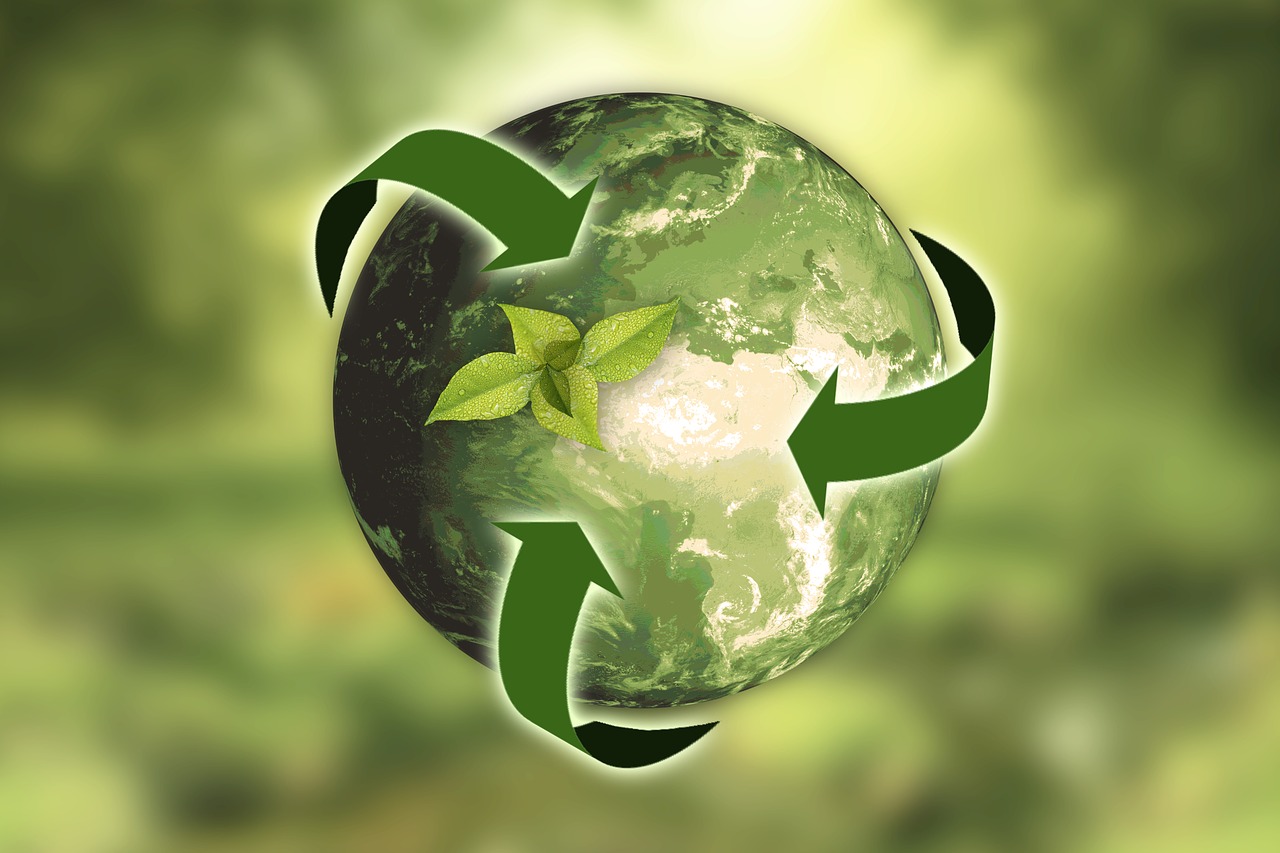
Dishcloths & Plastic Pan Scubs
- Plastic Free Washing Up – check out this excellent blog from Gypsy Souls.
- Superscandi Biodegradable Cellulose Sponge Dish Cloths – I can’t recommend these highly enough. They feel like a Spontex, are as strong and absorbent, they dry quickly so they don’t smell, can be boiled to sterilise them, and they last ages. You can get them in all kinds of colours and patterns. Once you’ve finished with them, they biodegrade in the compost. We love them!
- Bamboo ‘Microfibre’ Cloths – much less damaging to the environment that plastic squeegies, Spontex rubber squares or disposable J-Cloths. They can be used for chemical-free cleaning of glass, without leaving lint.
- Bamboo Dish Brush – works the same way, but without the plastic handle and plastic bristles. Some models come with replaceable heads. We’ve had ours for months now and it’s going strong!
- Silicone Pan / Veg Scrubber – although plastic, it is much more long-lived than a conventional pan scrub. It is also much more hygienic, since it is easy to clean. Did you know that something very like a regular net-plastic pan scrub is used by Biotechnologists as the perfect substrate for large-scale culturing of bacteria?!
Household Cleaning Products
- Fairy Liquid – in the caravan, I use Fairy Liquid for all internal household cleaning and dish-washing, since harsh detergents can damage the fixtures and fittings. I know that Fairy is not the most environmentally friendly, however it is much more effective than other dish-washing liquids that I have tried, therefore I use less. One large bottle lasts me at least 6-months.
- Bamboo ‘Microfibre’ Cloths – Allow much cleaning to be done with nothing more than water, avoiding harsh chemicals packaged in plastic. Great for lint-free window cleaning.
- Ocean Saver Cleaning Pods – a variety of household cleaners supplied in a concentrated, pod form to be reconstituted in warm water in a re-used plastic container. Here is a Cleaning Pod Review.
- Make your own! Recipes courtesy of The Zero Waste Chef.
Cling Film
Another thing that we don’t use personally, but if ou do, why not consider some alternatives?
- 7 Re-Usable Alternatives to Cling Film – courtesy of the Gypsy Souls blog.
- Silicone stretch lids
- Beeswax Wraps for Sandwiches are becoming increasingly popular.
- Greaseproof Paper – good, old-fashioned and recyclable.
- Pack sandwiches in a Tupperware or using one of the methods detailed above, rather than buying packaged meal deals.
Wet Wipes & Cotton Buds
- Britain Uses 11 Billion Wet Wipes Per Year – Wet Wipes are one of the most common pieces of litter that Mark and I pick up on beach cleans. Other regulars are drinking straws, cotton buds and plastic stirrers.
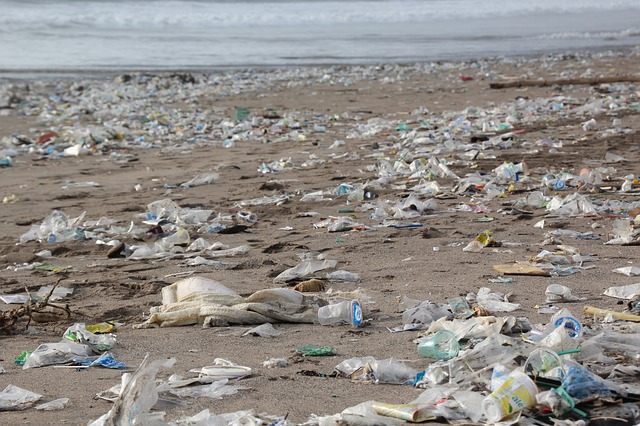
- Most wet wipes are 90% plastic; they don’t go away. They have no place anywhere. (My guilty secret is that I did buy my first-and-last ever pack of wet wipes when we first adopted Blade in Romania, because he vomited copiously every time he went in the car.)
- What’s wrong with some spit on a handkerchief? OK – wet bamboo flannels in a re-usable container? Or 100% Biodegradable Wet Wipes if you must!
- Re-usable cotton bud costs less than a fiver or why not try biodegradable bamboo cotton buds?
3. Tap Water vs Bottled Water
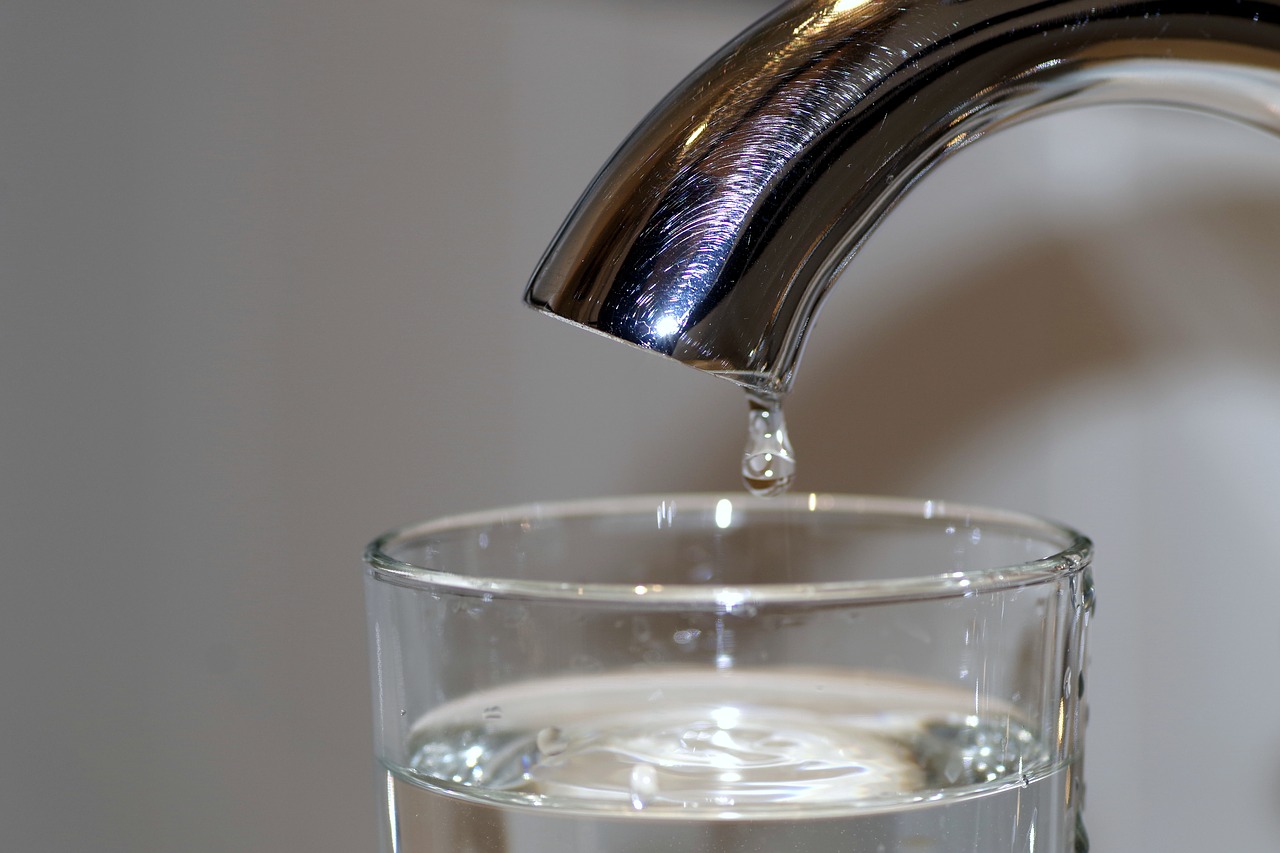
- Re-usable Water Bottles – we do love our fizzy water, but can’t justify the plastic waste, so we have bought two insulated water bottles and drink cool, filtered, tap water from the fridge. Cost; 2x 750ml bottles £45.98 each vs Sainsbury’s Caledonian Spring; conservatively 4 x 2L per week – £82.20.
- Annual Saving £36.22 in first year. £82.20 thereafter; minimum 208 Plastic Bottles
- But Is Tap Water Safe? I used to work in the water industry and it might surprise you to learn that the quality standards for tap water are much more stringent than for bottled water. I once tested tap water and it passed the rigorous particulate standard for ‘fluids for injection’ – not that I recommend injecting tap water!
- Carbon Filters – I use a carbon filter (Brita – although others are available) which softens the water and removes impurities and chlorine. Chlorine is a preservative, so keep filtered water in the fridge, don’t keep it for ages and make sure that you keep your filter jug and re-usable bottle clean – Fairy Liquid will do this perfectly well. Brita filters can be recycled.
- If you’re not keen on the taste, the Infruition blog lists some delicious tap water recipes – so delicious that they might tempt you away from buying soft drinks and cans!
- Drinking from the Aquaroll – in the caravan, we refill our drinking water filter directly from the water point, since the Aquaroll can develop bacterial bio-films, even with regular cleaning.
4. Shopping
- Re-Usable Carrier Bags – as regular beach cleaners, we can confirm that the UK’s introduction of a charge for plastic carrier bags has made a real difference.
- Plastic Packaging – there is, however, still single-use plastic packaging all over our supermarkets. To reduce plastic consumption;
- Buy loose produce – usually much easier in Europe than the UK.
- Take your own food containers, produce bags, or make your own re-usable fabric bags out of old clothes.
- We use Onya mesh produce bags which come in a small, handy tote bag with a karabiner to clip onto your handbag, so that it is easy to keep onya!
- Find a greengrocer who uses paper bags.
- On the continent, shops use compostable produce bags. Why don’t we?!
- 90 of the Best Zero Waste Stores – Arranged geographically, this is a list of zero waste shops, which are springing up around the UK. They sell loose products without packaging. The supermarket Waitrose is currently trialing a range of loose products such as pasta, pulses etc in its Oxford store, which will be rolled out nationwide if successful.
5. Refuse
- Biodegradable Bin Bags – The link is to 50L bags that will fit a swing bin. The caravan bin is small enough to take biodegradable bags which are normally used for food waste, so we substitute these for plastic bin bags and use around 3 bags per week = 156 per year.
- Annual Saving; 156 plastic bags
6. Dogs
- Biodegradable Poo Bags – As dog owners, we use biodegradable poo bags. We use around 5 poo bags per day;
- Annual Saving; 1.825 plastic bags
- Friends of the Earth– discusses plastic-free pet supplies.
- Eco Friendly Dog Toys – gives you some ideas for plastic-free toys.
- Dogs Adored – ‘the very best organic, natural and eco friendly pet products’ – all in one place, including organic hemp collars and leads and handmade, organic blankets. The website advertises 15% off your first order.
- Litter Picking Walkies
- On every walk, we try to pick up a bag of litter!
- Rubbish Walks – has links to litter-picking groups and encourages you to make a plastic promise.
- Keep Britain Tidy – runs community projects, beach and river cleans.
- Litter Action – will link you to local litter groups.
- Join an Organised Beach Clean
- The National Trust – organises beach cleans on the 780 miles of coastline that it manages.
- Marine Conservation Society (MCS) – is seeking volunteers for its Beachwatch Beach Cleans around the UK. If there isn’t one in your area, MCS will help you to organise your own.
- Surfers Against Sewage (SAS) – organises the Big Spring and Autumn Beach cleans, as well as giving advice on mini beach cleans or organising your own.
Final Thoughts
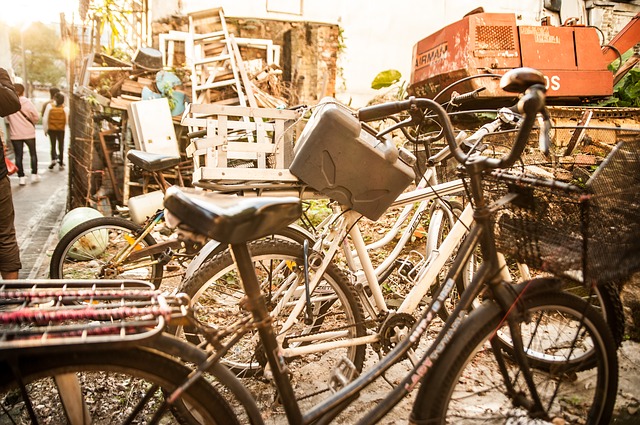
The only truly environmentally friendly product is the one that you don’t buy.
However, at a conservative estimate, reducing packaging has saved us over £300 in the first year; and that is without consideration of products like cling-film, wet wipes, household cleaners and laundry conditioner, which we simply don’t use. Add them up. Your savings could be more!
More importantly, with minimal effort and just some substitutions, annually, we are keeping the following out of the environment;
- 1,981 Plastic Bags – not including carrier bags or produce bags.
- 261 Plastic Bottles
- 12 Aerosol Cans
- 16 Toothpaste Tubes

Links & Inspiration
- Zero Waste Chef – ‘Start Here’ page.
- Moral Fibres – ‘Sustainable living that’s hip, not hippy.’
- Green Adventures – Eco-friendly and sustainable travel magazine.
- Facebook Groups
- Zero Waste No or Low Spend Ideas and inspiration Facebook group
- The Alternative Living Group
- On World Wide Walkies;
- De-cluttering
- Downsizing
- Eco-friendly product recycling ideas
- 10 Tips to Save Money while Caravanning – more money-saving tips; how we saved £1,000’s in our 2nd year.

Thank you for reading. If you have any top-tips of your own, please share them in the comments section.
Affiliate Links
Please note that this blog contains Affiliate Links with Amazon. If you click through on these links and make a purchase, I receive a small commission. This does not affect your purchase or the price that you pay in any way, although if you would prefer that Amazon kept all the profit, you can always bypass the link and go direct.
I publish links with Amazon because it is a large repository of diverse products. If you prefer not to deal with Amazon for ethical reasons, I hope that the products shown give you ideas that you can go on to source elsewhere.
Useful? Please Share on Pinterest!
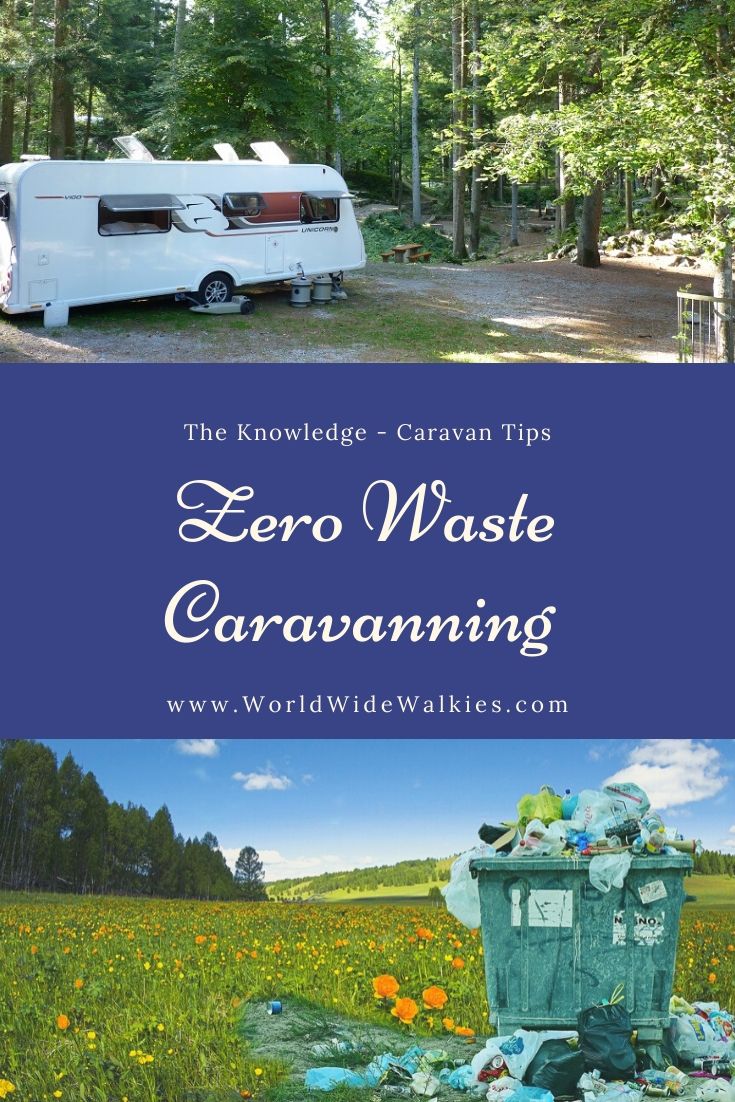

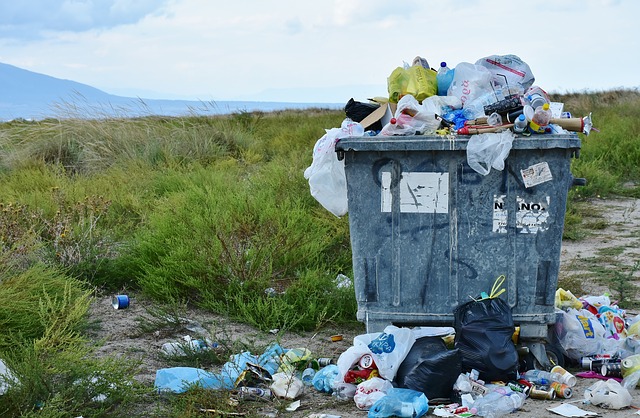
Hi, thank you so much for the information! It’s always good to see more information about saving the environment, little things that will make a big difference 😉
LikeLike
Absolutely! I hope that it has given you a few ideas.
The great thing is that it is a win:win situation, since most of the measures highlighted here actually save you money.
Thank you for your kind words and please spread the message!
LikeLiked by 1 person
Thank you very much for your kind words and the pingback. You have put a big smile on my face.
LikeLike
Wow!! What a great post and so well researched. I have wondered how good those shampoo bars are on long hair, so you’ve convinced me to try one when I next need shampoo. Thanks for all your great info.
LikeLike
I have to admit to a degree of scepticism, but I have been happy with the results.
Long hair and salt water certainly pose a challenge! I hope that it works for you. xx
LikeLike
Fantastic advice Jackie, so much to learn from here and I totally understand eco anxiety but great advice that doing something is better than being overwhelmed and doing nothing! I will keep referring back to this to up my game. I do like the idea of trying shampoo bars, something I haven’t tried yet but I will give it a go. Thank you for these tips. 😊
LikeLike
My absolute pleasure, Glenys. I am really pleased that you find this post helpful. We are a few months into this and have found that some of the alternative products are actually better! A notable examples is the Eco Ball – and I really like the shampoo bars. Happy Waste Reduction! 🙂
LikeLiked by 1 person
Some great tips here. Thank you for sharing!
LikeLike